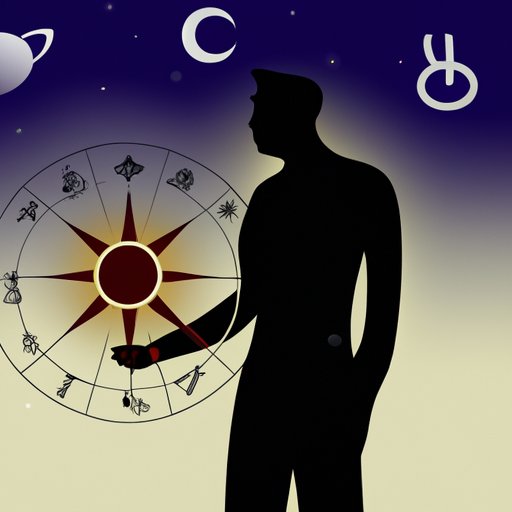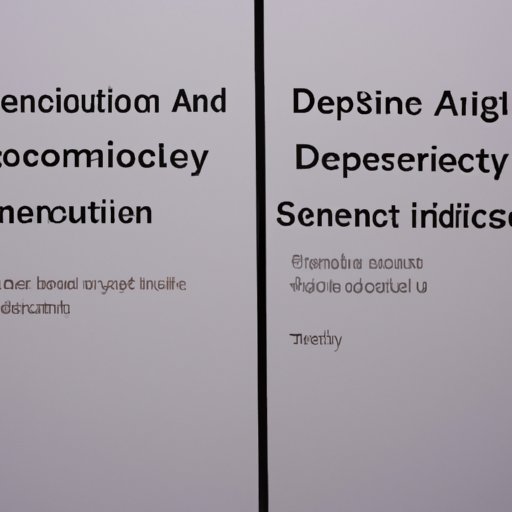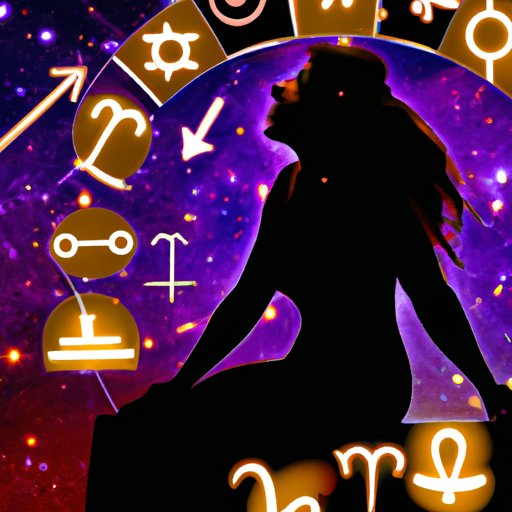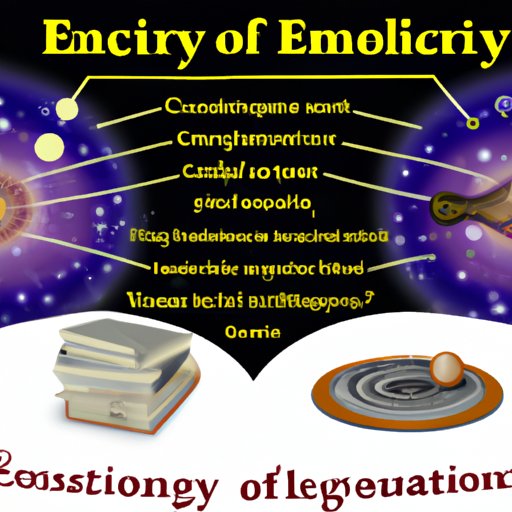Introduction
Astrology is the ancient practice of studying the movements and positions of celestial bodies in order to draw conclusions about the past, present, and future. It has been used for centuries by cultures all over the world, and continues to be popular today. Despite its widespread use, astrology is not considered a science due to its lack of scientific evidence and validity. This article will explore why astrology is not seen as a science, and the implications this has for our understanding of the world.

Lack of Scientific Evidence to Support Astrology
The primary reason why astrology is not seen as a science is because it does not provide any evidence to support its claims. According to astronomer and skeptic Phil Plait, “There have been no valid scientific studies that show any correlation between the position of the stars or planets and human behavior or events in our lives.” Even so-called “studies” of astrology are often flawed and inconclusive, making them unreliable sources of information. For example, a study conducted by French researchers in 1975 concluded that there was some evidence to suggest a link between astrological signs and personality traits. However, the study was widely criticized for its methods and lack of rigor, leading many to dismiss its findings.
In addition to the lack of scientific evidence, astrology fails to meet the criteria of a scientific discipline in other ways. According to psychologist and skeptic Stuart Vyse, “Astrology does not make predictions that are testable, and it does not generate hypotheses that can be tested with data.” Without these key components, astrology cannot be considered a science. Furthermore, astrology relies heavily on anecdotal evidence, which is not considered to be a reliable source of information.
History and Evolution of Astrology
Astrology has been practiced for thousands of years, with its origins tracing back to ancient Babylonian and Egyptian cultures. Over time, it has evolved and spread throughout the world. In Europe, astrology was embraced by the Church during the Middle Ages, and was even used to predict the fate of kings and nations. By the 17th century, astrology had become a popular form of divination, with many people relying on its predictions to guide their decisions. Despite its popularity, astrology has never been recognized as a science.

Comparison to Accepted Scientific Disciplines
Astrology differs from accepted sciences in several ways. Unlike astronomy, which is based on observation and measurement, astrology relies heavily on interpretation and subjective opinion. Astrological predictions are not based on any kind of empirical evidence, but rather on the belief that certain celestial events have an influence on human life. Additionally, astrology does not adhere to the scientific method, which requires hypotheses to be tested and repeated in order to confirm results.
Astrology also differs from other forms of divination such as tarot cards and numerology. While these practices may have some basis in astrology, they are distinct in their own right. Tarot cards and numerology are based on symbolic interpretations, while astrology is based on the alignment of celestial bodies. Furthermore, tarot cards and numerology do not rely on predictions of the future, but rather on insights into the present.

Potential Dangers of Relying on Astrology
Due to its lack of scientific evidence, astrology can be a dangerous tool to rely on when making important decisions. Astrologers often make misleading claims, such as the ability to predict the future or the power to influence events. These claims are not supported by any evidence and can lead people to make bad decisions based on faulty information. Furthermore, astrology can be used to manipulate people and take advantage of their vulnerabilities.
Implications of Astrology Being Seen as a Science
The debate over whether astrology should be taken seriously has been ongoing for centuries. Supporters of astrology argue that it is a valid form of divination, while skeptics insist that it has no scientific merit. If astrology were accepted as a science, it could have far-reaching implications for our understanding of the world. It could challenge existing theories in fields such as psychology, medicine, and even physics.
Cultural Impact of Astrology
Despite its lack of scientific evidence, astrology remains popular in many cultures around the world. In India, astrology is closely intertwined with Hinduism, and is used to make important decisions such as choosing a marriage partner. In China, astrology is used to determine auspicious times for business ventures. In the West, astrology is often seen as a form of entertainment, with many people using it as a way to gain insights into themselves and their relationships.
Conclusion
Astrology is an ancient practice that has been used for centuries, but it is not considered a science due to its lack of scientific evidence and validity. It fails to meet the criteria of a scientific discipline, and relies heavily on anecdotal evidence and subjective opinion. Furthermore, there are potential dangers associated with relying on astrology, and accepting it as a science could have far-reaching implications. Despite this, astrology remains popular in many cultures, and its influence can be seen in religion, politics, and other aspects of society.
(Note: Is this article not meeting your expectations? Do you have knowledge or insights to share? Unlock new opportunities and expand your reach by joining our authors team. Click Registration to join us and share your expertise with our readers.)
